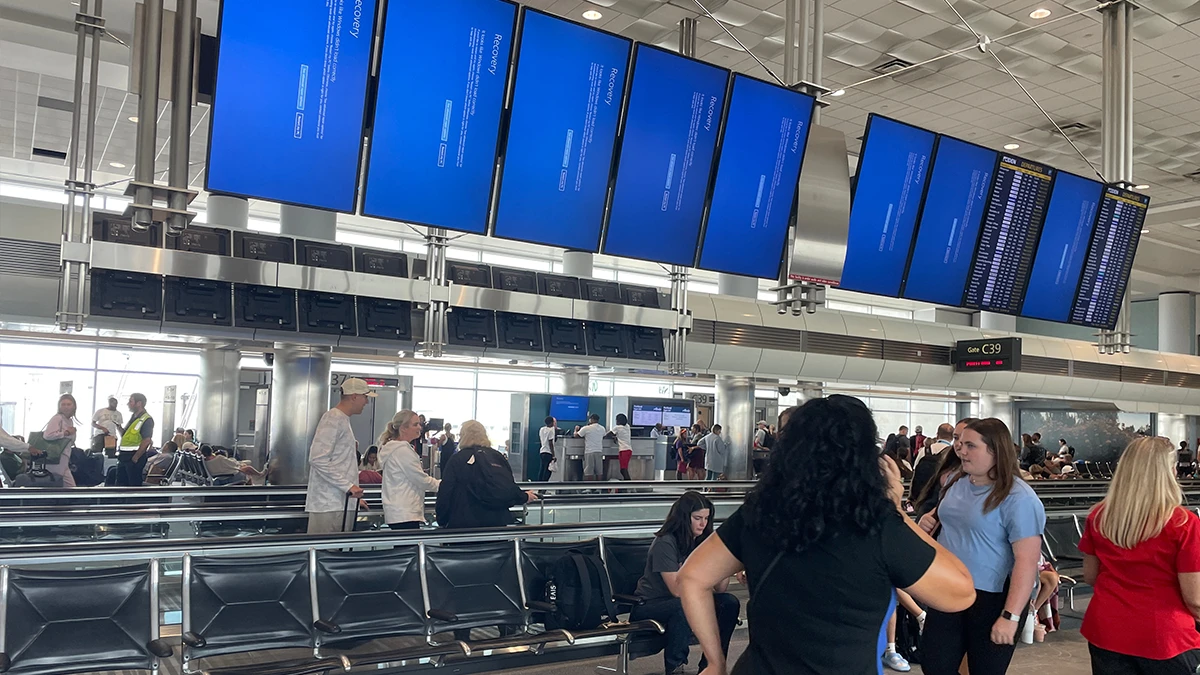• CEO of the Insurance Authority (IA), Clement Cheung, is encouraging growth of non-life industry in Hong Kong – highlighting climate as key area for insurers to nurture their business.
• Cheung believes Hong Kong’s risk pool and capital markets can help insurers address life and non-imbalance.
• The IA is advocating for data-sharing and openness as a key way to facilitate risk transfer to the capital markets.
• The city is also exploring more opportunities to tap into the GBA market.
• There are opportunities for life insurers to look within Hong Kong to solve problems such as the ageing population and protection of young people.
Looking to address a significant imbalance in Hong Kong, Clement Cheung, CEO of the Insurance Authority (IA), said insurers should look to build their non-life insurance business lines by starting in the climate sector, emphasising data-sharing, and developing the Guangdong-Hong Kong-Macao Greater Bay Area (GBA) market.
“In Hong Kong, 90% of our premiums are on life insurance, while only 10% are non-life,” Cheung said on the first day of the Insurtech Insights Asia 2023 conference on Wednesday. “In terms of structure, we’re not quite there for non-life,” he added.
Climate would be a good area in which insurers can start to nurture their non-life insurance business, said Cheung.
In September 2023, Hong Kong was hit by a record rainstorm, as torrential rains led to the most hourly rainfall rate since records began in 1884. The downpour caused widespread flooding across the city.
Last year, the world lost US$270 billion on climate-related natural disasters, but only about 44% of those losses were protected, while 56% were not covered by insurance, according to Cheung. The gap is significantly more pronounced in Asia where only 16% of losses are covered, leaving an 84% protection gap, he added.
“This is an opportunity for insurers to try to build in [Hong Kong’s] non-life market. So we believe that climate is a good area where you can get a start because everybody needs it, but nobody knows how to do it,” said Cheung. “There are certain areas that we might have started, but there is a long road to go.”
Two major factors provide opportunities for the non-life market: the risk pool and a “deep and vibrant capital market”, Cheung said. “We’ve got the biggest risk pool in Greater China, risk pool in the rest of Asia…. (we’ve) got a really deep and vibrant capital market, the largest and most sophisticated institutional investors, the hedge funds.”
GBA opportunity
On the risk pool, Cheung used the GBA as an example of why Hong Kong is well positioned. On July 1, Hong Kong launched its first Unilateral Recognition products for the motor line of business, which allows drivers to purchase a single policy that covers driving in the 11 cities of the GBA.
“We hope that this will be applicable to other kinds of products and therefore we can create opportunities for the non-life sector, both in terms of diversification internationally, but also in terms of providing more opportunities locally,” Cheung said.
Cheung also revealed the city is developing a proposal to enable Hong Kong brokers to enter that market.
“We are developing a proposal to see whether there is room for a limited scheme for small brokers to go into the GBA to serve Hong Kong clients,” said Cheung.
Allaying fears that brokers in Hong Kong might out-compete those in Mainland China, Cheung said, “we’re not trying to poach, we’re not trying to invade, we’re trying to make sure that we facilitate Hong Kong investors trying to go to China.”
The proposal has now since been developed into a paper, Cheung said.
“The outcome (might be) uncertain, but as I said, we’re here to try. You don’t try, you don’t know,” he added.
‘Data is needed’
In terms of capital markets access, Hong Kong introduced the city’s first and second insurance-linked security (ILS) products in 2021 and 2022. Used to manage risks, ILS products allow insurers and reinsurers to seek alternative capital by offloading insured risks to the capital markets through securitisation.
But for risk to come into the capital market, data is needed, Cheung said.
“You need data that is common. You need data to be analysable. You need data that is trustworthy.”
“Some data is available but not readable. Some data is fragmented,” Cheung said. A lot of the data either does not exist or is not actionable, he added, “That’s why we tried to open an API initiative, we tried to set up a central register, for people to share these cases.”
Hong Kong’s Insurance Authority recently rolled out the Open Application Programming Interface (API) Framework to enhance data exchanges, data openness and data connectivity.
Cheung said that the IA is adopting a federated learning approach, which would allow data to be portable without revealing private information.
“We are also talking to some academic institutions in Hong Kong to see whether we can bridge scientific research with commercialised products,” he said.
Hong Kong as a hub
Speaking on Hong Kong’s life insurance segment, Cheung said, “The structure is not quite perfect.”
He noted that around one-third of new business life premiums are purchased by mainland visitors, which is a boon to the industry, but he emphasised the importance of addressing local issues and exploring opportunities.
“Are we focusing enough on Hong Kong? Are we solving the Hong Kong issues regarding the ageing population? Are we helping young people sufficiently prepare for the future?” He asked.
However, with the value of non-life premiums being a fraction of the value of life premiums, that continued to be a key topic – with Hong Kong’s insurance regulators and the government looking for ways to support the market.
To build Hong Kong as an insurance and financial hub in Asia, Cheung noted that a lower tax rate is critical to attract more non-life insurers.
“The first thing we do is make sure that we will remain competitive, so we introduce laws to ensure that we lower our tax rate. We do not chase our clients by having a tax rate which is much higher than our competitors, which otherwise will drive people off,” said Cheung.
Christopher Hui, Secretary for Financial Services and the Treasury of the Hong Kong Government, convey a similar sentiment during the conference: “The government needs to build a development roadmap for the insurance sector to consolidate our status as a global risk management centre.”
















